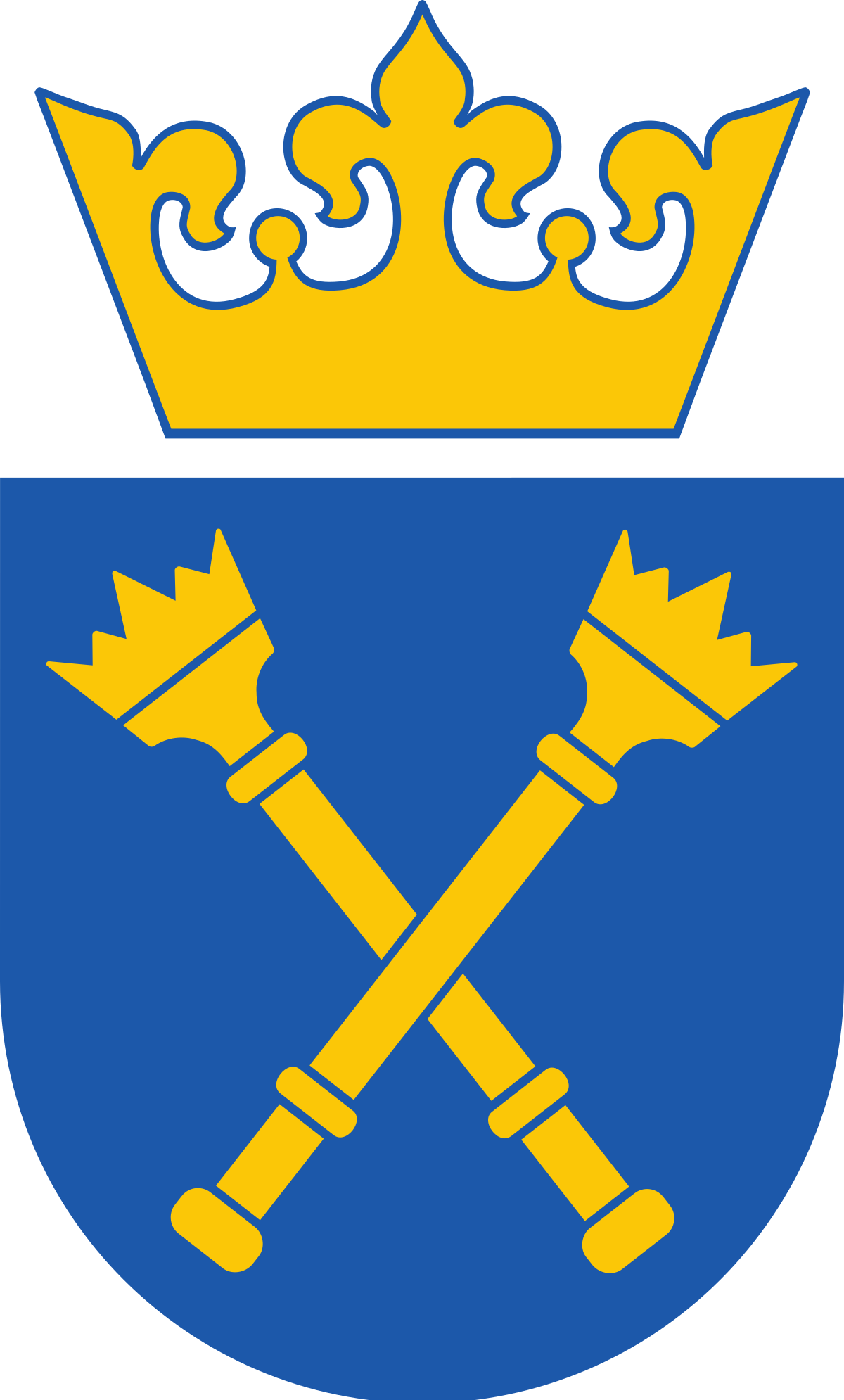STAIRS Workshop
STAIRS will be held on October the 1st at the campus of the Jagiellonian University.
The 10th European Starting AI Researchers’ Symposium (STAIRS) is an international meeting that specifically aims to bring together starting researchers (late PhD students or postdocs). STAIRS is meant to provide you with the chance to discuss and explore your research interests as well as European career objectives and options. It is co-located with the 26th European Conference on Artificial Intelligence (ECAI-23) and therefore offers as well an ideal opportunity to meet leading AI labs and researchers from Europe.
In this edition, on Sunday October the 1st, it will include two invited talks. We further invite all of you to submit your current, finished, or envisioned work and will give opportunities to present and discuss this in an oral or poster session. STAIRS thereby offers a unique and valuable opportunity for young researchers to receive feedback on their recent findings and start up new research collaborations.
The STAIRS workshops are known and will again aim
- to offer a setting for discussion and feedback on participants’ current research,
- to provide guidance on future research directions,
- to develop a supportive community of scholars and a spirit of collaborative research,
- to contribute to the conference goals through interaction with other researchers and participation in ECAI/PAIS/STAIRS conference events.
Schedule
09:00 - 09:30 Welcome and introduction
09:30 - 10:30 Keynote 1:
Vera Demberg - Pragmatic processing in humans and language models
Vera Demberg
Saarland University
Pragmatic processing in humans and language models
Abstract:In linguistics, pragmatics refers to meaning that is intended but not spelled out literally, i.e. it concerns what we humans understand beyond the semantic meaning of a sentence or text. Prominent examples of these include for instance scalar implicatures, such as the utterance "Some students failed", which is in its literal meaning compatible with a situation where all students failed, but which is usually interpreted as "some but not all" students having failed. In my talk, I will provide an overview of how well recent large language models like ChatGPT are performing on pragmatic tasks. I will then also cover recent findings on human processing of pragmatic phenomena, focussing on the large differences that are found between individuals, and how they may relate to individual's cognitive properties. Finally, I will discuss how such differences might be modelled computationally.
10:30 - 11:00 Coffee break
11:00 - 12:00 Keynote 2:
Tarek Besold - AI for Dinner – Supporting Chef’s Creativity with AI
Tarek Besold
Sony AI
AI for Dinner – Supporting Chef’s Creativity with AI
Abstract: Gastronomy is a global creative entertainment business connecting creators and customers from world-famous fine-dining temples to pop-up restaurants and food stands on street markets. Interestingly, until today AI’s impact on the gastronomy domain – particularly when looking beyond kitchen automation solutions – is rather limited. Instead, from start to finish the responsibility for the dining experience rests almost exclusively with the chefs and their teams. The mission of Sony AI’s Gastronomy Flagship project is to develop AI solutions which support chefs’ creativity, augmenting and expanding the possibilities they have for creating joyful and memorable moments for their guests. This includes the development of algorithms which empower chefs with vast amounts of food data, or novel approaches to personalizing multi-sensory experiences in the restaurant. In this talk we will have a look at gastronomy as a challenging but interesting application domain for AI systems and zoom in on selected application cases for AI in supporting chefs’ creative work. At the same time I will outline my personal journey from a PhD in Cognitive Science/AI to a leading role within Sony AI’s Gastronomy Flagship project.
12:00 - 12:30 Poster session and networking
There have been keen interest for the workshop and we were happy to accept 11 posters for presentation.
1)
Léo Saulières, Martin C. Cooper and Florence Dupin de Saint-Cyr.
Predicate-based explanation of Reinforcement Learning.
2)
Grzegorz Lisowski and Šimon Schierreich. Swap Stability in Refugee Housing:
A Story about Anonymous Preferences.
3)
Adrian Cosma and Emilian Radoi.
Optimal Transport Maps between Walking Variations.
4)
Luke Gassmann, Matthew Edwards and Ryan McConville.
Surveying Gradients of Influence on Social Media Platforms using Multi-Media Content.
5)
Carlos A. Fajardo, Andrés S. Parra, Tania Castellanos-Parada and Kaushik Roy.
Low-Complexity Deep Learning Models for Accurate Atrial Fibrillation Diagnosis.
6)
Alireza Gharahighehi, Michela Venturini, Frederik Cornillie and Celine Vens.
Course recommendations in MOOCs using collaborative filtering and survival analysis.
7)
Yusuf Izmirlioglu.
Artificial Intelligence for Agricultural and Economic Planning.
8)
Uladzislau Yorsh, Ondřej Bojar and Martin Holeňa.
On Difficulties of Attention Factorization through Shared Memory.
9)
Muhammad Santriaji, Gidhan Algary, Muhammad Fikriansyah, Rian Rajagede, Ardhi Yudha, Kyle Thomas, David Mohaisen and Yan Solihin.
Work in Progress: Integrity Protection for Encrypted DNN Inference.
10)
Lara Verheyen.
The Candide Model: A Model for Human-like, Narrative-based Language Understanding.
11)
Szymon Lis. Analyzing Credit Risk Model Problems through NLP-Based Clustering and Machine Learning: Insights from Validation Reports.
Further information
For further information, please contact the co-chairs Katrien Beuls (
katrien.beuls@unamur.be) or Malte Schilling (
malte.schilling@uni-muenster.de).

